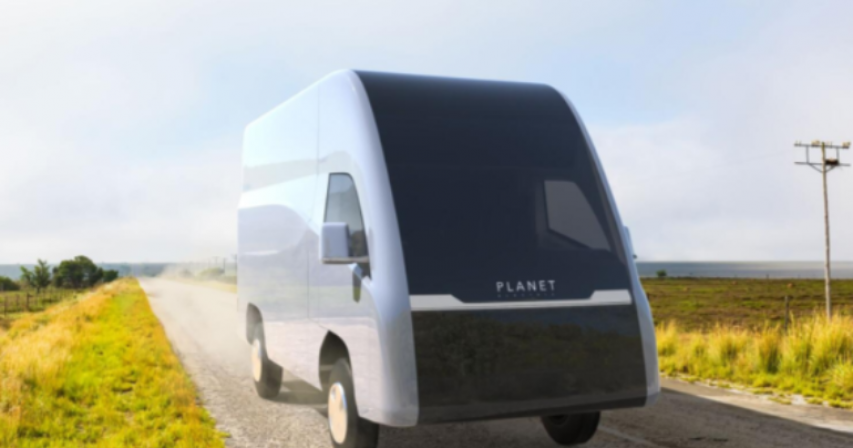Indian EV Startup Planet Electric Eyes Middle East Market

Planet Electric, an Indian startup specializing in commercial electric vehicle (EV) mobility, is set to introduce India's first electric cargo vehicle in June 2024. With a primary focus on material engineering innovations, the company aims to make a significant impact on the global market, particularly in the Middle East. Gagan Agrawal, co-founder of Planet Electric, shared insights into the startup's strategy and goals in an interview.
Globally, there is a growing expectation that 20% of the internal combustion engine (ICE) cargo fleet, particularly last-mile and short-haul vehicles, will be fully electrified by 2030. Planet Electric sees this trend as a game-changer for the economics of the technology, especially in regions like India, the Asia-Pacific (APAC), and the Middle East and Africa (MEA). The company's co-founder, Gagan Agrawal, emphasized the importance of building the right technology to drive this transformation successfully.
Currently, Planet Electric is in the process of constructing the prototype for its first electric cargo vehicle at its manufacturing facility in Manesar, Gurgaon. Agrawal noted that momentum would increase in February when customer testing begins. The startup has received support from third-party logistics (3PL) fleets and large cargo companies, with letters of intent or expressions of interest.
As a company rooted in material engineering, Planet Electric plans to differentiate itself by developing a composite load-bearing chassis for logistics applications. This innovation is expected to provide lightweighting, durability, and crash resistance. Agrawal emphasized that this approach positions Planet Electric as the first global player to introduce such a chassis for electric cargo vehicles.
The co-founders, Gagan Agrawal and Prakhar Agarwal, who both previously worked with the Indian Space Research Organisation, envision the vehicle as a critical component in the electrification process. The emphasis on lightweighting aims to reduce battery usage significantly, with claims of a 35-50% reduction in battery consumption per cargo vehicle. Additionally, the startup anticipates delivering a lower carbon footprint compared to traditional steel-based vehicles.
Addressing the cost factor, Agrawal highlighted that the lightweighting innovation, combined with reduced battery and aerodynamic drag, results in a 35-40% cost reduction on an equivalent basis, keeping range and payload constant. This reduction in the overall cost is a crucial factor in promoting higher adoption rates for electric vehicles (EVs).
Looking ahead, once production begins, Planet Electric plans to establish a sales funnel in the Middle East, aligning the vehicle's form factor with local customer demands. Agrawal emphasized that this includes not only prominent countries like Saudi Arabia and the UAE but also North and East African regions with substantial investments in road infrastructure and inter-country logistics.
In terms of funding, the startup aims to raise $5.5 million for the factory build-out (4,000 units) and go-to-market strategies. Agrawal indicated a likelihood of raising additional funds locally to support expansion into the Middle East and the establishment of a larger manufacturing facility. Planet Electric's innovative approach and commitment to material engineering could contribute to reshaping the commercial EV landscape, offering economic benefits and environmental sustainability.
For More Related Updates Please Visit Our Official Website
By- Sahiba Suri
By: Sahiba Suri






Comments